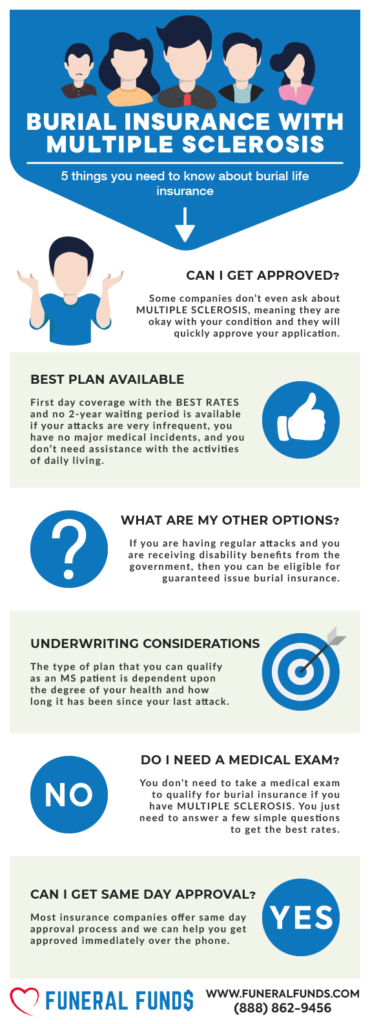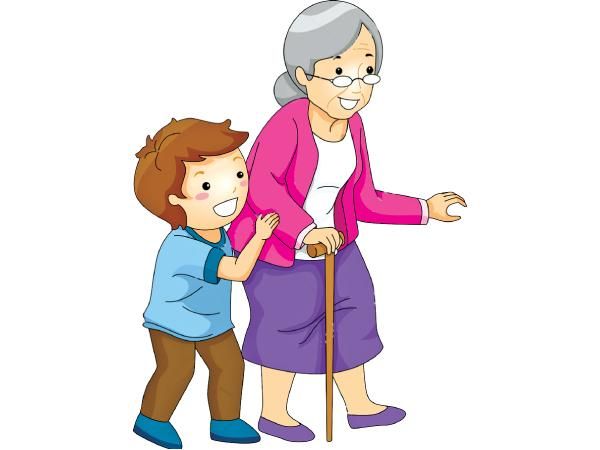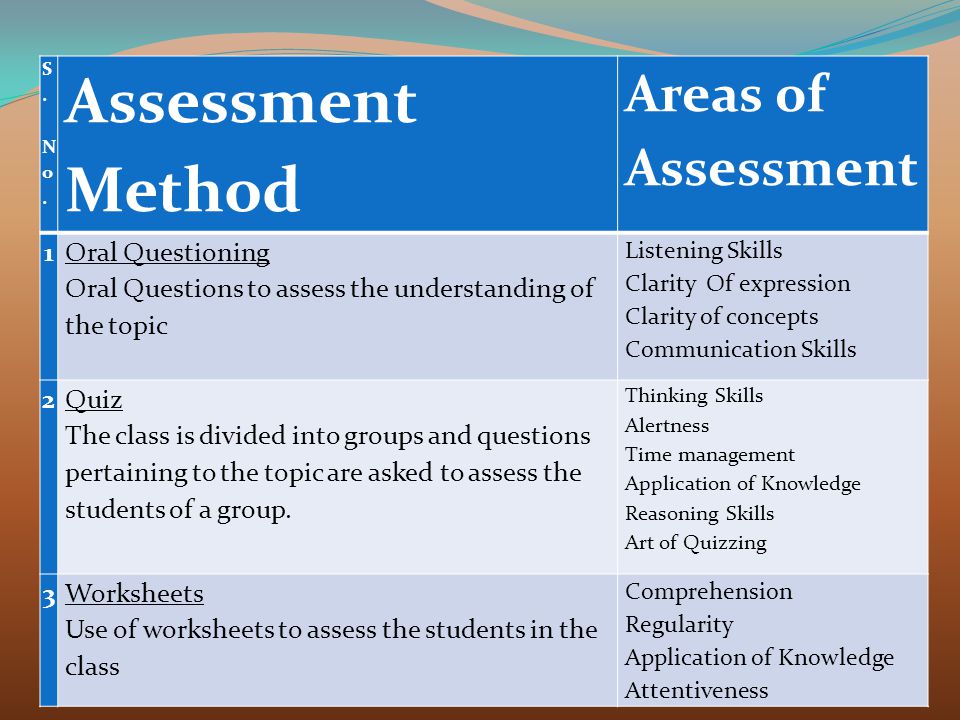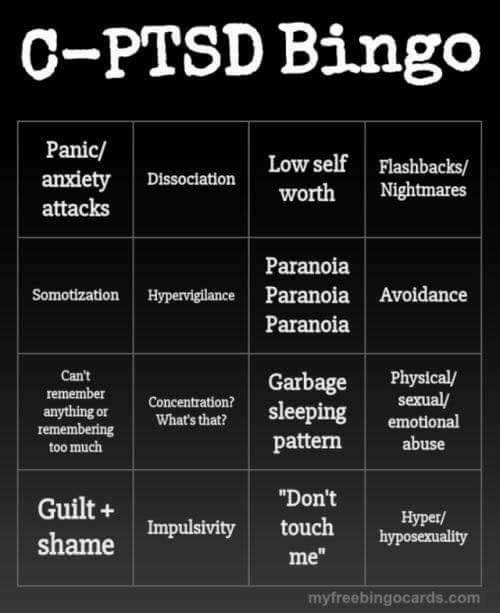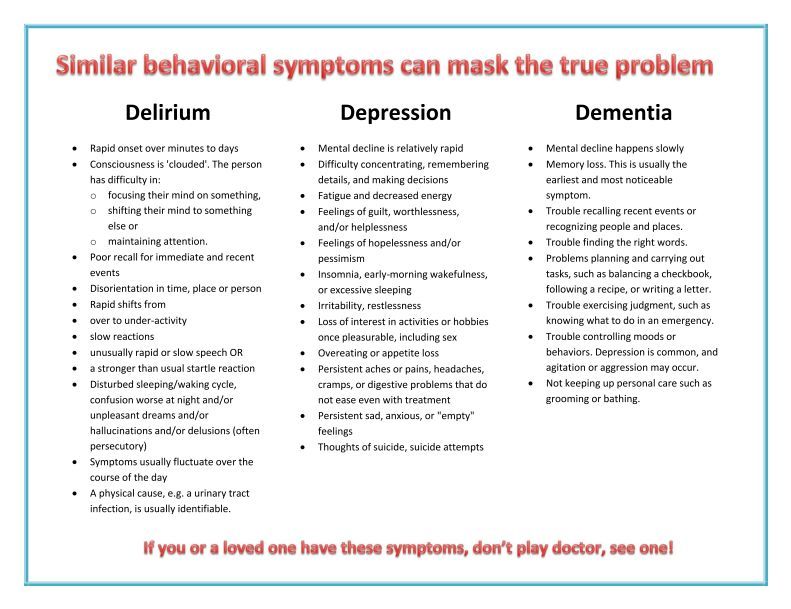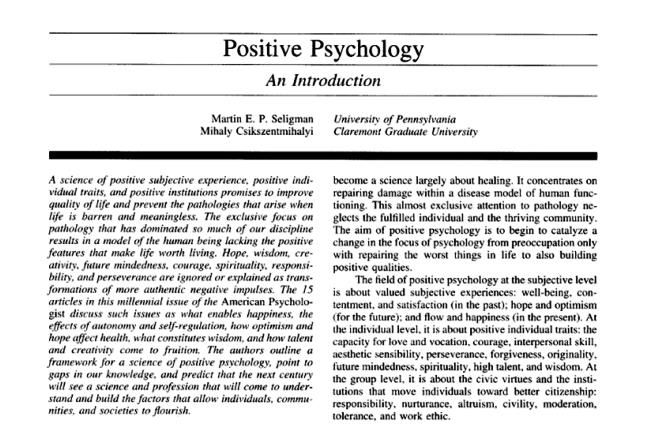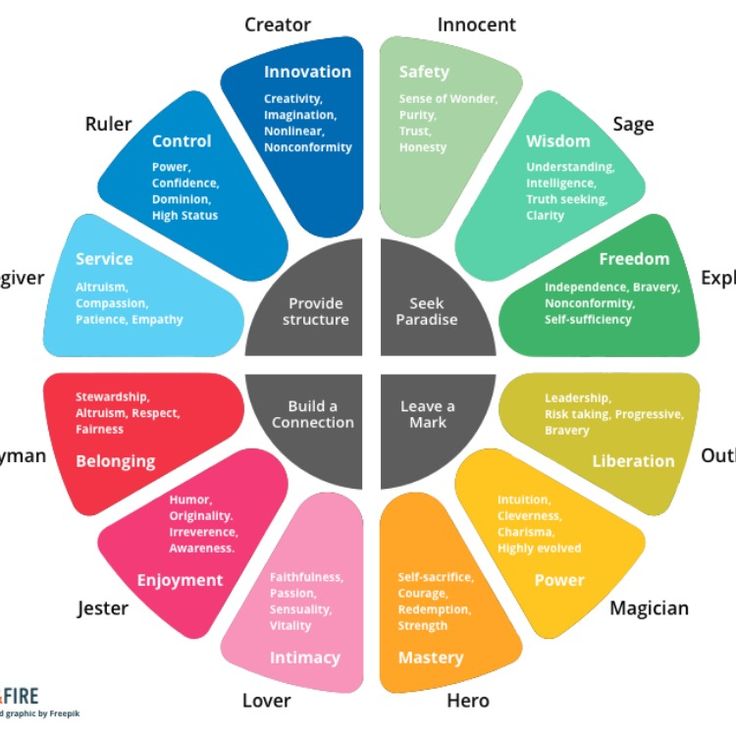Mental health treatment without insurance
How to Get Mental Health Help Without Insurance
Nearly 29 million U.S. citizens live without health insurance, a number that rose by over 2 million between 2017 and 2020. Millions more may have lost their employer-based coverage as a result of the COVID-19 pandemic, which resulted in many business closures. For individuals who have mental health issues, it can sometimes be hard for them to get the help they need without insurance coverage.
Find out how to get mental health help without insurance.
Mental Health Services CostThe cost of mental health services is not dramatically lower than the cost of other professional medical care, and many of the medications people use to manage their mental health come at a premium price that’s above the national average.
In addition to these higher than usual costs, mental health treatment is likely to last over the long term, which may drive costs higher still. Managing the expense without insurance can be extremely difficult, especially for those whose mental health issues reduce their ability to work. Fortunately, resources exist to help get mental health help without insurance.
If you are living without health insurance, you know how worrying it can be to need medical or mental health care. Inpatient care in a hospital, nursing home or residential treatment center can cost over $1,000 a day for many conditions, with many additional costs for outpatient follow-up care, medications and transportation to and from necessary office visits.
Paying any substantial fraction of these costs out of pocket without help is beyond the reach of most Americans, and far outside of most uninsured people’s ability to pay.
Mental Health in the United StatesMental health conditions are not rare in the United States, nor are they confined to any one subset of the population. In 2017, nearly 20% of U.S. adults reported experiencing some symptoms of clinical mental illness. These numbers spiked in 2020, during the COVID-19 pandemic. In that year, the number of adults who got a mental health evaluation for anxiety and depression rose by 93% over 2019 numbers, which were already high.
In that year, the number of adults who got a mental health evaluation for anxiety and depression rose by 93% over 2019 numbers, which were already high.
A distressingly large number of people with mental health issues have little to no insurance. Nationwide, nearly 11% of adults with some form of mental health disorder have no insurance at all. That amounts to over 5 million Americans who need to find some way to pay for expensive mental health treatment without insurance, sometimes without much cash on hand.
Living With Mental Health ConditionsTens of millions of people have unmet mental health needs. While many conditions are relatively mild and manageable, many others can disrupt life and may be very serious. Depression, anxiety and schizophrenia are all leading factors in suicide, as are drug and alcohol addictive disorders.
Left untreated, many people with mental health issues fall behind in their work, home and family lives, personal care routines and even may become a threat to themselves or other people.
Untreated mental illness is a common issue among people admitted to hospital emergency rooms, involuntary substance abuse treatment and jail.
If you have the symptoms of a mental illness, or if you've been diagnosed with a mental health disorder, it's important for yourself and the people who care for you that you get the help you need to live a safe and productive life.
How to Get Mental Health Help Without InsuranceFortunately, help for mental health without insurance does exist, though it can be hard to find in some areas of the country. If you think you might be having a mental health crisis, especially if you have thoughts about hurting yourself or other people, immediately call the Substance Abuse and Mental Health Assistance (SAMHSA) National Helpline at 1-800-662-HELP (4357). This resource is free, confidential and staffed by professional volunteers who can talk you through a crisis and connect you with resources nearby that can help.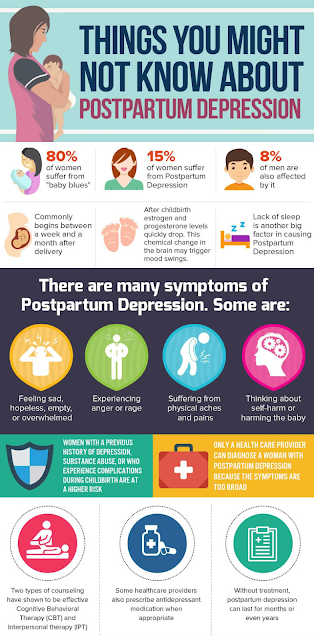
If your need for mental health services is less dire than an emergency, you can try applying for Medicaid to get the help you need. It is often the case that people who lack health insurance simply can’t afford a policy on the private market. If your income and assets meet state maximum limits, you could be eligible for free or low-cost healthcare that includes the mental health services you need. You can apply for Medicaid through your local human services office online, by phone or in person with an appointment.
Resources for Mental Health Without InsuranceMany of the resources available for mental healthcare without insurance are local and take some searching to find. Be aware that, in a crisis, every licensed medical provider is required to provide emergency care, although the cost may be expensive.
Student health centers operate on every federally-funded college campus and offer no-cost referrals for mental health help to students. University hospitals also typically have teaching programs for students studying to become mental health providers that can provide free or steeply discounted evaluations and limited care to uninsured people.
The National Alliance on Mental Illness operates a toll free helpline for people who need to get mental health help with no insurance. You can reach NAMI online at Nami.org or by phone at 1-800-950-6264. You can also text “NAMI” to 741741 on a smartphone.
How to get treatment if you can't afford it
As the number of people diagnosed with mental health issues such as depression rises to new highs, the need for medical services to treat them is growing too. Approximately 56 percent of American adults with a mental illness do not receive treatment. There's also evidence of a dire lack of treatment among teens, with the CDC reporting that the suicide rate for teens is skyrocketing.
Why aren't people getting the help they need? The answer is complicated. On one hand there's the lingering stigma around mental illness that may hinder people from seeking care (a problem that campaigns like Mental Health Awareness Month aim to solve), but there's also the fact that our health care system has yet to treat mental health as comprehensively as it does physical health.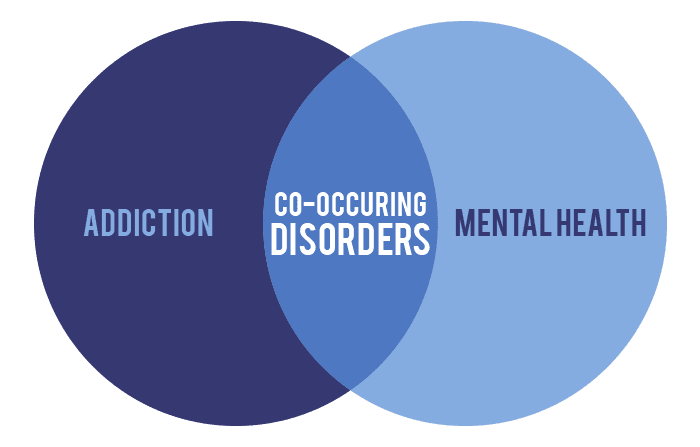 There's no such thing as an insurance-covered annual mental health exam for instance, and therapists who do accept insurance are often working twice as hard just to get reimbursed by providers.
There's no such thing as an insurance-covered annual mental health exam for instance, and therapists who do accept insurance are often working twice as hard just to get reimbursed by providers.
Having been through the ringer trying to not only find a therapist who accepts my insurance, but is also taking new clients, I'd just about given up on my personal quest for affordable services. Fortunately, after talking with a number of experts in the field, I've learned there a multiple ways to get the care I need without going broke in the process.
Seek in-network first — if you don't have healthcare, turn to Federally Qualified Health Centers
"People with health insurance should begin their journey to wellness on their health plan’s website. Health plans may manage their mental health benefits internally, or outsource them to a vendor. The health plan or vendor will specify the mental healthcare providers that are covered, any associated costs, and any benefit limitations," says Dr.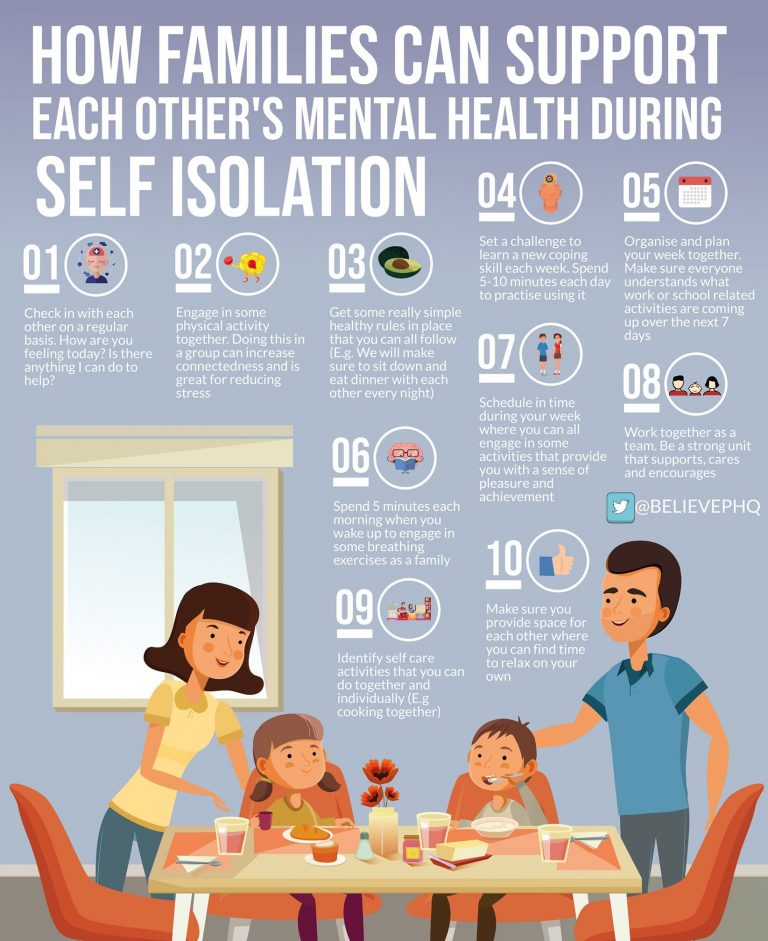 Adam C. Powell, president of Payer+Provider Syndicate. "In many cases, health plans are required to offer comparable coverage for mental and physical healthcare coverage by the Paul Wellstone and Pete Domenici Mental Health Parity and Addiction Equity Act (MHPAEA). When MHPAEA applies, the financial requirements, quantitative treatment limitations, and non-quantitative treatment limitations applied to mental health benefits may not differ from those that are applied to physical health benefits."
Adam C. Powell, president of Payer+Provider Syndicate. "In many cases, health plans are required to offer comparable coverage for mental and physical healthcare coverage by the Paul Wellstone and Pete Domenici Mental Health Parity and Addiction Equity Act (MHPAEA). When MHPAEA applies, the financial requirements, quantitative treatment limitations, and non-quantitative treatment limitations applied to mental health benefits may not differ from those that are applied to physical health benefits."
If insurance is not obtainable, Powell adds, you may seek help at a local social services agency, a student health center (if a student) or a Federally Qualified Health Center (aka, community-based healthcare centers that are government funded).
Sonya Veytsman, LCSW, suggests reaching out to the National Alliance on Mental Health (NAMI). "They have a helpline that offers free help 24/7. All you need to do is text NAMI to 741741."
Avoid visiting the ER if possible, not only because you'll likely get stuck with a huge bill, but because the ER, in Powell's estimation, "is not designed to work with people to improve their mental health over time.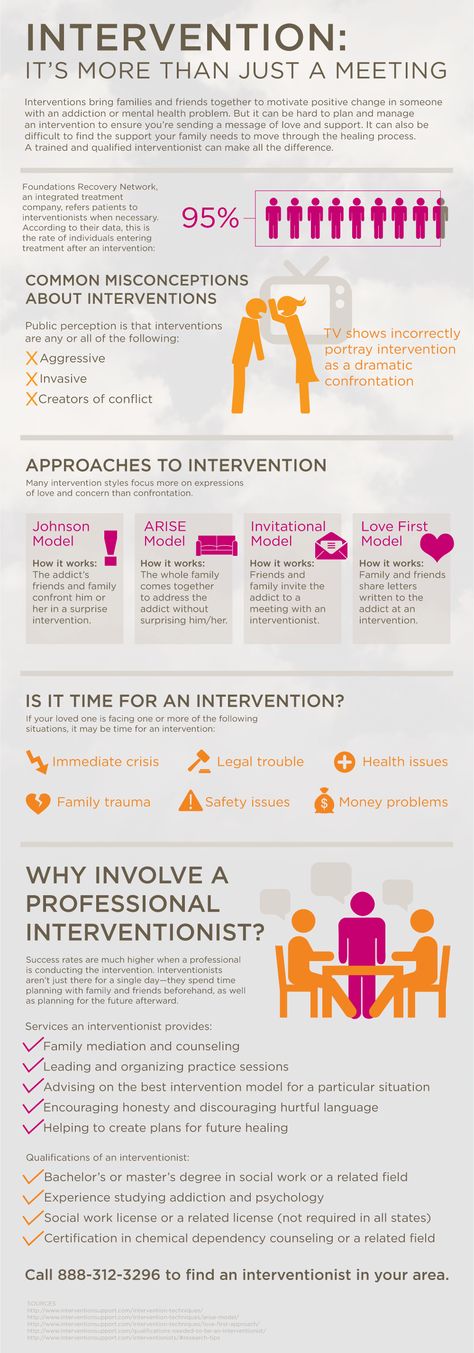 Care should only be sought at an emergency department in the event of an urgent crisis."
Care should only be sought at an emergency department in the event of an urgent crisis."
Private therapists will often work on a sliding scale — as low as $10/hour
Recently I found a few therapists who are taking new clients but not insurance. I was discouraged by their steep hourly rates and didn’t press, but I will now because often they’ll adjust their fee to match your financial resources.
“[We often] just ask the patient how much they can afford, and try our best to make it work,” says Dr. Laura Chackes, founder of The Center for Mindfulness & CBT in St. Louis, Missouri. “Most of our therapists who do a sliding scale will slide down from $120 to about $60 per session. I am bringing on an intern this fall who will be able to see patients at an even lower rate ranging from $10-$50 per hour.”
Kailee Place, an LPC with the private practice Shifting Tides Therapeutic Solutions adds that she doesn’t take insurance, but does “make room for lower cost sessions within my practice.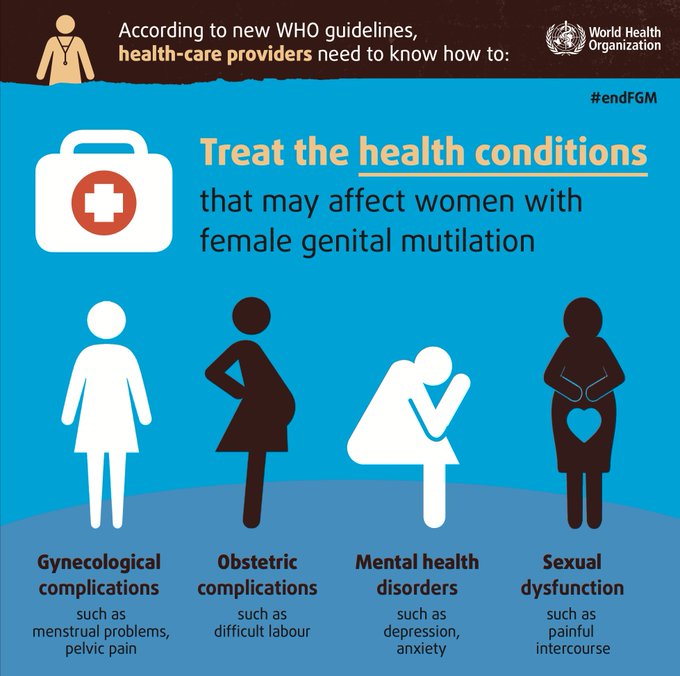 I strongly believe people should get the care they want to get, so if I seem like the best fit for someone, I am [usually] 100 percent willing to work with them regarding their financial needs.”
I strongly believe people should get the care they want to get, so if I seem like the best fit for someone, I am [usually] 100 percent willing to work with them regarding their financial needs.”
See if you’re eligible for Medicaid for free therapy
If you don’t have insurance coverage, check to see if you qualify for Medicaid (your income is the determining factor).
“If a person does not have commercial insurance but has medical assistance (Medicaid), then they need to look for someone who is in their network,” says Dr. Jesse Matthews, a licensed psychologist.
“Most providers who take Medicaid work at clinics or community mental health centers. Sometimes these are affiliated with universities and are used as training sites for graduate students. If a person has Medicaid, they should be able to access mental health care free of charge.”
Your local training institutes may provide free sessions for up to two years
Dr. Fran Walfish, a psychotherapist, suggests contacting your local Psychoanalytic Training Institute.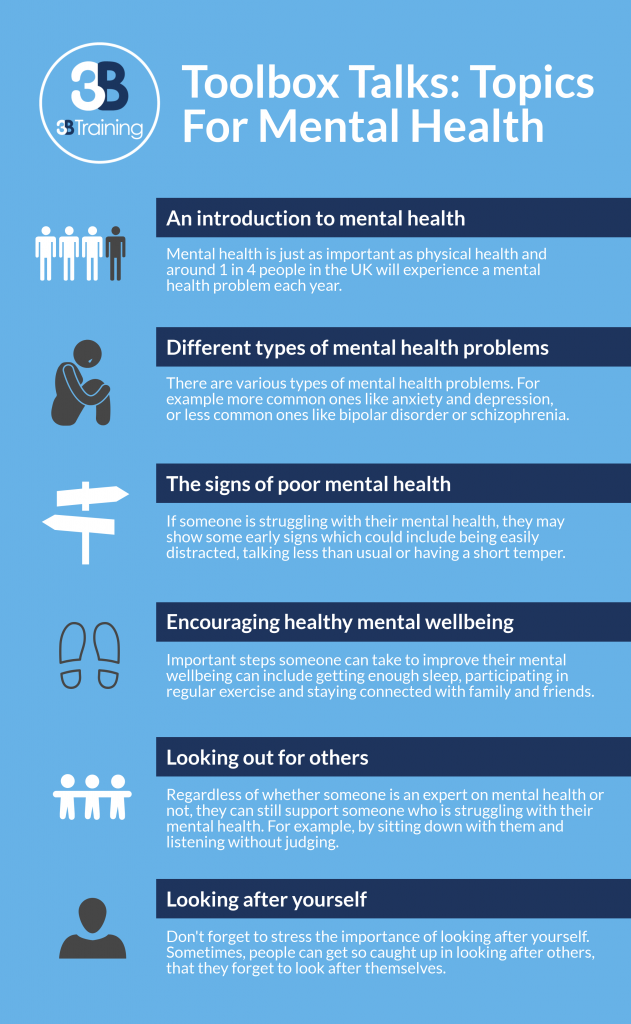
"They generally require the patient to commit to three to five times a week psychoanalytic therapy sessions over a period of at least one to two years in duration in exchange for free therapy," she tells NBC News BETTER. "The patient is assured to receive treatment from the same singular qualified M.D. who is getting supervision and advanced specific training in intensive long-term treatment."
University hospitals are often eager to put students to work for a low fee — so are some non-profits
“Another alternative is to reach out to your closest teaching hospital that offers training programs to interns and residents,” adds Dr. Walfish. “Most qualified training hospitals have a department of psychiatry and outpatient psychology program that offers low-fee sliding scale psychotherapy. Finally, there are several private and state-funded non-profit agencies that offer very good quality psychotherapy on a sliding scale with fees set based on the individual’s prior income tax returns.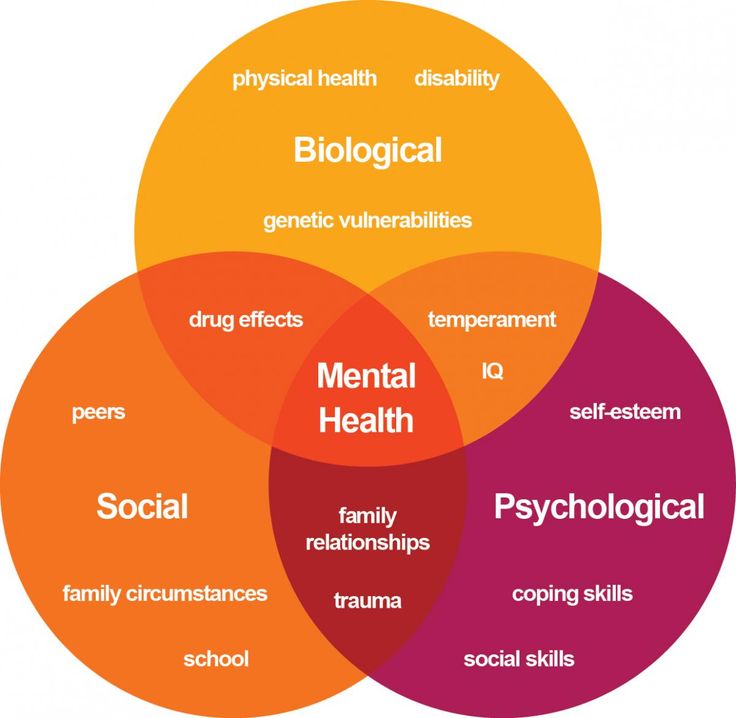 ”
”
Check out Open Path Psychotherapy Collective
Open Path Psychotherapy Collective is a nonprofit that matches middle- and lower-income people (and families) with affordable mental health services and education. Many therapists are working with them to help inform and provide for those in need, among them Vinodha Joly, LMFT.
Joly says she was happy to find a nonprofit that was aligned with her own personal values. "My experience with Open Path has been positive from the get-go as their mission is clearly to make mental health more affordable, without exploiting therapists who are willing to offer their services,” Joly explains. Open Path connects patients with mental health professionals with rates that range from $30 to $50 per hour.
Don’t give up — the resources are out there, possibly on your smartphone
Experts concur that it make take some time and effort to find a mental health provider, but your search will likely pay off. In the interim, you might want to turn to your smartphone.
“Tele-mental health in all forms has become a huge resource and there are great resources online offered by large health systems,” says Harry Nelson, managing partner of Nelson Hardiman, head of the Behavioral Health Association of Providers and co-author of “From ObamaCare To TrumpCare: Why You Should Care.” “The challenge there is that you need to be licensed in the state where the patient lives, but that said, we've seen a flourishing growth in treatment of all mental health by telemedicine and I expect it to grow exponentially.” Reach out to your local hospital system to ask if they offer these services.
If you’re really hurting, check into a clinic and/or call for help
If you’re desperately in need of immediate mental health services, visit a community mental health clinic. As Matthews points out, they “often offer low-cost treatment through use of interns or because they receive supplemental funding from places like the United Way.”
You should also contact the National Suicide Prevention Lifeline at 1-800-273-TALK if you’re in danger of self-harm. It's free, open 24/7 and totally confidential.
It's free, open 24/7 and totally confidential.
More Mental Health Help
- How 'defusing my thoughts' helped me claw my way back from debilitating anxiety
- 7 steps for getting through a panic attack
- How to worry better
Want more tips like these? NBC News BETTER is obsessed with finding easier, healthier and smarter ways to live. Sign up for our newsletter and follow us on Facebook, Twitter and Instagram.
Murderous Greed Millions of Americans die because of bad insurance. The problem has not been solved for 10 years: Social sphere: Economics: Lenta.ru
The United States is mired in a mental crisis - millions of Americans are on the verge of suicide because they cannot get psychiatric help. Insurance companies use any excuse not to pay for the services of psychologists and psychiatrists: they deceive clients, hide behind various interpretations of the law, deliberately delay or underestimate insurance payments. The problem has reached such a scale that the average life expectancy of the entire population has begun to fall at the federal level.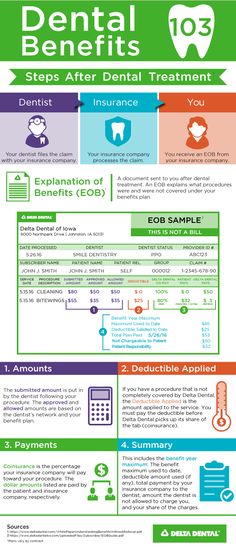 The problem has existed for 10 years, but the authorities still have not been able to find a competent solution. The greed of the insurance business worth millions of human lives - in the material "Lenta.ru".
The problem has existed for 10 years, but the authorities still have not been able to find a competent solution. The greed of the insurance business worth millions of human lives - in the material "Lenta.ru".
Mental crisis
A psychiatrist is a person with a professional medical background who diagnoses and treats mental disorders. A psychologist is any person with a higher education in the humanities who has undergone special training in applied or scientific psychology. He works with the problems of people who do not have disorders.
America is in a mental health crisis. According to the non-profit organization Mental Health America, for 2019mental problems were identified in 18.07 percent of the population (more than 44 million people). Nearly half of all Americans are substance abusers, and 9.6 million have suicidal thoughts. More and more young people are suffering from mental disorders. For example, the proportion of millennials (the generation born after 1981) with depression rose from 11.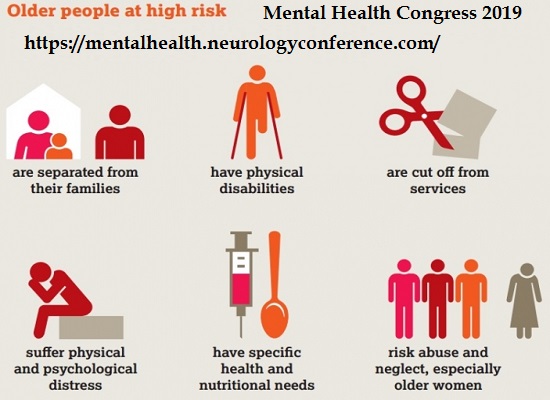 93 percent in 2015 to 12.63 percent in 2018. According to the Centers for Disease Control and Prevention (CDC) data for 2015-2017, due to mental health problems, life expectancy in the United States has declined for the first time in a century for three years in a row. This happened despite advances in the fight against cancer and heart disease, at the expense of an increase in suicides and unintentional injuries, including drug overdoses. For example, in 2017, 47,000 Americans died by suicide, 70,000 by overdose, and about 17.3 million adults were seriously affected by bouts of depression.
93 percent in 2015 to 12.63 percent in 2018. According to the Centers for Disease Control and Prevention (CDC) data for 2015-2017, due to mental health problems, life expectancy in the United States has declined for the first time in a century for three years in a row. This happened despite advances in the fight against cancer and heart disease, at the expense of an increase in suicides and unintentional injuries, including drug overdoses. For example, in 2017, 47,000 Americans died by suicide, 70,000 by overdose, and about 17.3 million adults were seriously affected by bouts of depression.
Photo: Paul Sancya / AP
Mental illness is costly, according to the American Psychological Association, with the US economy losing about 217 million workdays each year. The decline in productivity is associated with mental illness and substance abuse, with indirect business losses ranging from $79 billion to $105 billion a year.
The Cohen Veterans Network (CVN) National Charity and the National Council on Behavioral Health last year conducted a major survey of the availability of mental health care in the country. Demand for these services is higher than ever, with 56 percent of Americans dreaming of finding a doctor for themselves or a loved one. Many of them are young, have low incomes and military education.
Demand for these services is higher than ever, with 56 percent of Americans dreaming of finding a doctor for themselves or a loved one. Many of them are young, have low incomes and military education.
“America has a mental health crisis. If we want to save lives, protect families and preserve the future, we must rethink our mental health system and take concrete steps to ensure that citizens can get help when they need it,” said CVN President and CEO Dr. Anthony Hassan. A vast majority of Americans (76 percent) believe that mental health is as important as physical health, but 74 percent do not consider such services accessible to everyone, a CVN survey found. “This study confirmed what we hear every day — people are struggling to find the help they desperately need,” said Linda Rosenberg, president and CEO of the National Council for Behavioral Health.
Unsuccessful parity
In 2008, the US Congress passed the parity law, which requires insurance to cover the treatment of mental disorders and addictions in an amount comparable to the treatment of physical diseases. It was helped to push through by former Rhode Island congressman Patrick Kennedy, who became famous on May 4, 2006 for crashing his car on Capitol Hill. The day after the accident, he held a press conference and spoke about the depression and drug addiction that haunted him all his life, promising to begin treatment. The law was enacted at the height of the 2008 financial crisis, attached to an emergency bill aimed at bailing out bankrupt US banks. “The good news is that we have passed the law. The bad news is that no one noticed that we passed it, because even the main bill was secondary to the fact that we were facing a potential Great Depression,” Kennedy said at the time.
It was helped to push through by former Rhode Island congressman Patrick Kennedy, who became famous on May 4, 2006 for crashing his car on Capitol Hill. The day after the accident, he held a press conference and spoke about the depression and drug addiction that haunted him all his life, promising to begin treatment. The law was enacted at the height of the 2008 financial crisis, attached to an emergency bill aimed at bailing out bankrupt US banks. “The good news is that we have passed the law. The bad news is that no one noticed that we passed it, because even the main bill was secondary to the fact that we were facing a potential Great Depression,” Kennedy said at the time.
Related content:
2010 also saw the enactment of the Affordable Care Act, which guaranteed mental health benefits in commercial health insurance packages. Combined with the Parity Act, it was supposed to give Americans maximum access to mental health services, but in practice things have turned out to be more complicated. In 2013, people with bipolar disorder could not get health insurance in most states. The same applied to patients with schizophrenia, anorexia, alcoholism and many other serious ailments. According to a 2013 study by the health portal HealthPocket, only 54 percent of individual health plans in the United States included substance abuse coverage, and 61 percent included mental health treatment.
In 2013, people with bipolar disorder could not get health insurance in most states. The same applied to patients with schizophrenia, anorexia, alcoholism and many other serious ailments. According to a 2013 study by the health portal HealthPocket, only 54 percent of individual health plans in the United States included substance abuse coverage, and 61 percent included mental health treatment.
Between 2008, when the parity law was passed, and 2016, the suicide rate in the US increased by 16 percent, and fatal overdoses rose by 66 percent. “Health insurers are not complying with federal law requiring parity in reimbursement for mental health and addiction treatment and should be held accountable,” US President Donald Trump’s panel on the opioid crisis noted in a November 2017 report.
Patrick Kennedy
Photo: John Lamparski / Getty Images
Related content:
Insurance companies tried to stop innovation from the start. They formed a group called the Coalition for Parity, which tried through the courts to overturn the parity law, saying the new rules would be unduly burdensome. The court dismissed the claim, and the insurers had to accept new rules.
The court dismissed the claim, and the insurers had to accept new rules.
Limits on medical and mental health care are now set at the same level, but patients and families say companies are using tricks to save on treatment. For example, they include specialists in their network who do not accept new patients or are no longer part of the insurance network. There are also serious bureaucratic barriers, a bunch of documents must be collected to approve the treatment, and the amount of payment for psychiatric care is less than for other medical services. The reasons why insurers are pushing hard to pay for psychiatric treatment are easy to understand—the annual cost of mental illness in the United States is estimated at $201 billion. This is the highest cost of any chronic disease, including cancer.
Often the lists of doctors who are supposed to provide insurance treatment are filled with "ghosts". Brian Dixon, a child psychiatrist in Fort Worth, is no longer insured but is still in the network according to the insurance company's catalog.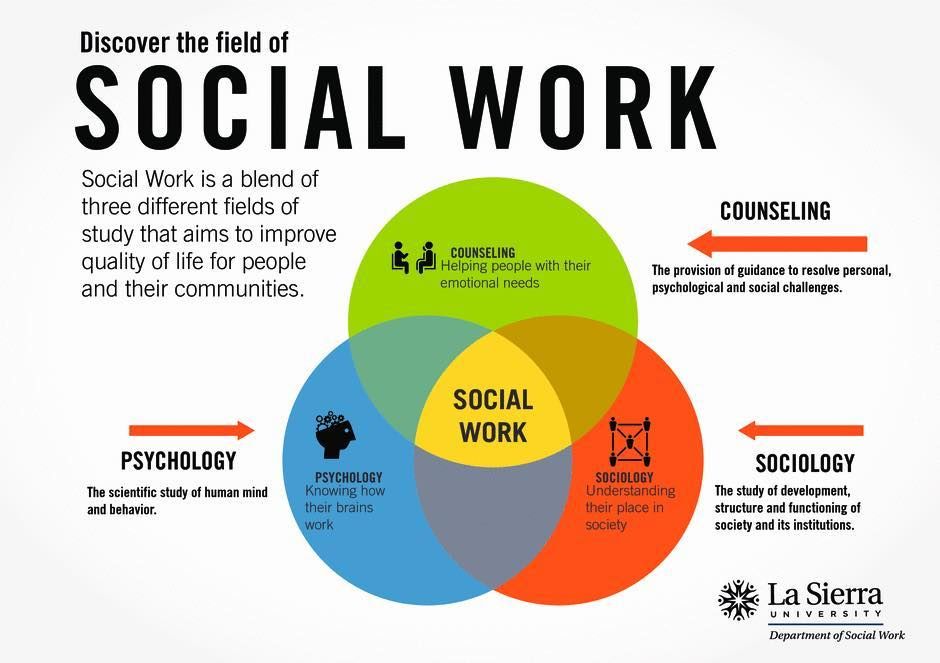 He is regularly forced to refuse patients who turn to him. Melissa Davis, a psychologist in Defiance County, Ohio, was unable to secure a contract with an insurance company that said it already had enough specialists. At the same time, there were only three practicing psychiatrists in the district, including Davis herself, and the company's catalog indicated many specialists who had stopped practicing or had already died. Angela Kimball, acting CEO of the National Alliance on Mental Illness, notes that despite the parity law, you still can't use the new rules because you rarely find a specialist within your insurance.
He is regularly forced to refuse patients who turn to him. Melissa Davis, a psychologist in Defiance County, Ohio, was unable to secure a contract with an insurance company that said it already had enough specialists. At the same time, there were only three practicing psychiatrists in the district, including Davis herself, and the company's catalog indicated many specialists who had stopped practicing or had already died. Angela Kimball, acting CEO of the National Alliance on Mental Illness, notes that despite the parity law, you still can't use the new rules because you rarely find a specialist within your insurance.
Not enough beds
Psychiatrists accuse insurance companies of deliberately delaying payment. “I spoke on the phone for 45 minutes. Told the insurance company rep how my patient got to the emergency room. He explained that he was so depressed that he could hardly walk. But they didn’t want to authorize the payment,” recalls psychiatrist Brian Barnett. As he specified, the patient with deep depression tried for months to use the insurance, but without success.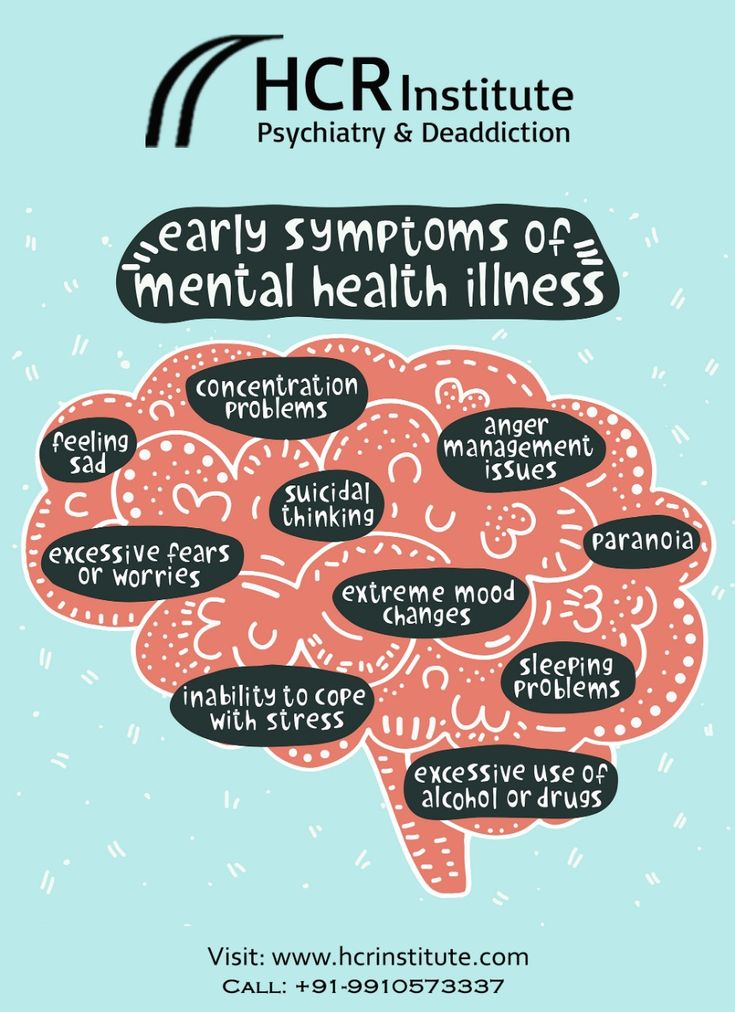 According to him, this is a systematic approach. Barnett argues that many insurance companies are reluctant to pay for mental health services, resulting in nearly half of psychiatrists not accepting insurance at all. According to a report by the consulting company Milliman Inc., patients are forced to pay extra for mental health care out of pocket much more often than for other types of medical care.
According to him, this is a systematic approach. Barnett argues that many insurance companies are reluctant to pay for mental health services, resulting in nearly half of psychiatrists not accepting insurance at all. According to a report by the consulting company Milliman Inc., patients are forced to pay extra for mental health care out of pocket much more often than for other types of medical care.
Related materials:
An initial visit to a psychiatrist, according to the report, is paid by insurance on average 20 percent less than an examination by a general practitioner. A number of specialists have chosen to lower their rates instead of working with insurance companies. “Often we just ask the patient how much they can afford and do our best to find a suitable option,” says Dr. Laura Chakes, founder of the Center for Mindfulness and Behavioral Therapy in St. Louis. According to her, the spread in the price can be from 10 to 120 dollars per hour. Kayleigh Place of Shifting Tides Therapeutic Solutions also said she does not accept insurance but is willing to provide cheaper sessions.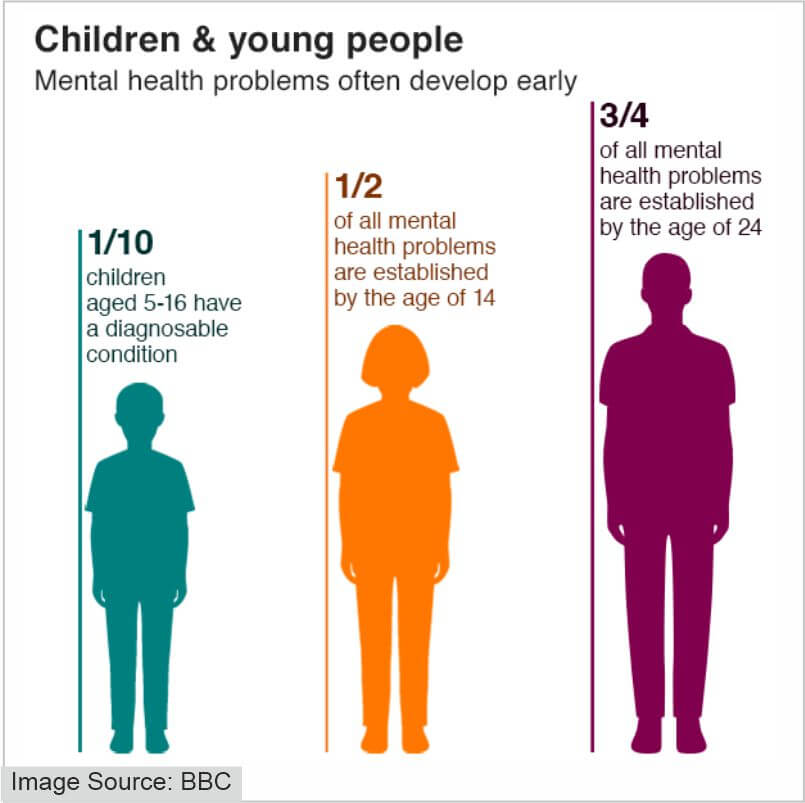
Photo: Jose Jimenez / Getty Images
Meanwhile, psychiatric clinics are reducing the number of places due to low compensation from insurers. Even if hospitalization is approved, patients often have to wait for a hospital bed to become available. Usually, the waiting time is about four hours in the emergency department, but in the case of psychiatry, this period increases to several days - until a hospital is found that still has space. A study published in the American Journal of Preventive Medicine found that the majority of counties outside metropolitan areas (65 percent) did not have a psychiatrist, and nearly half of counties in rural areas (47 percent) did not have a psychologist.
Yet, according to a 2015 report from the American Academy of Medical Colleges, more than 60 percent of practicing psychiatrists are over 55 and about to retire—one of the highest rates of any profession. According to the forecasts of the US Department of Health, by 2025, the shortage of mental health professionals will be 250,000 people from the projected need. According to HR firm Merritt Hawkins, the shortage of psychiatrists will be the biggest shortage the labor market has ever faced. “Historically, demand for psychiatric treatment has been low due to stigma. Now the stigma is decreasing, people are ready to be treated, but the supply is still lagging behind, ”explained Dr. Jerry Halverson, chief medical officer at Rogers Behavioral Health.
According to HR firm Merritt Hawkins, the shortage of psychiatrists will be the biggest shortage the labor market has ever faced. “Historically, demand for psychiatric treatment has been low due to stigma. Now the stigma is decreasing, people are ready to be treated, but the supply is still lagging behind, ”explained Dr. Jerry Halverson, chief medical officer at Rogers Behavioral Health.
Avalanche of lawsuits
Americans are trying to get affordable treatment through the courts. There are so many who want that Meiram Bendat opened a legal practice related only to denials of mental health care. Due to the influx of clients, he says he prefers to combine claims into class actions. One of Bendat's most famous cases was a class action lawsuit against United Behavioral Health, a division of the UnitedHealth Group. Didi Tillitt, the mother of Max Tillitt, who was recovering from heroin addiction, was involved in the case. However, the insurance company refused to pay for his treatment at the clinic - a week after discharge, the young man died of an overdose.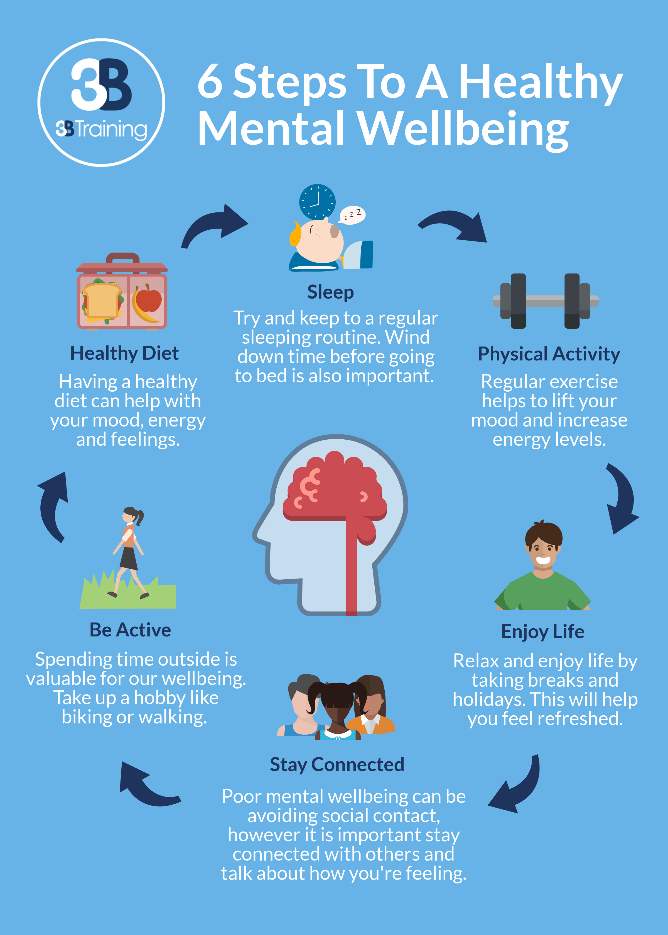 Didi Tillitt soon realized that this was not an isolated case - across the country, people faced obstacles to help that could save their lives.
Didi Tillitt soon realized that this was not an isolated case - across the country, people faced obstacles to help that could save their lives.
Max Tillitt
Photo: Max Tillitt's Facebook page
Related materials:
own) and refusal to pay for treatment. But at the same time, no penalties were taken against the company. “Essentially, they were motivated to keep doing the wrong thing because they realized they weren’t going to be punished in monetary terms,” says Bendat.
Labor Minister Alexandre Acosta also told the Opioid Crisis Commission that "he needs the power to fine violators and conduct individual investigations into insurers, not just clinics." So far, law enforcement practice suggests that it rarely comes to fines. The best things are in California. There, in 2013, Kaiser Permanente was fined $4 million for violating parity in care, the highest amount in such cases. More often, the courts are limited to orders to correct the shortcomings.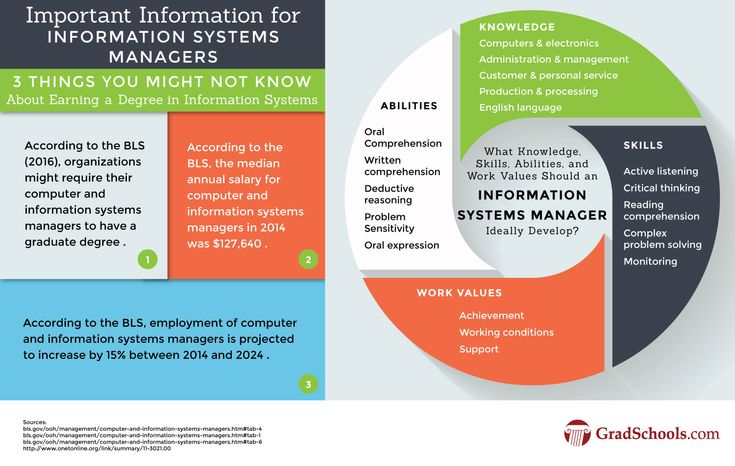 For example, CVS Health Corp. simply arranged with the Massachusetts Attorney General to redo the directories and give consumers the correct contact information for doctors. In Florida, Indiana, and Nevada, no action was taken by the authorities to force insurers to comply with the parity law.
For example, CVS Health Corp. simply arranged with the Massachusetts Attorney General to redo the directories and give consumers the correct contact information for doctors. In Florida, Indiana, and Nevada, no action was taken by the authorities to force insurers to comply with the parity law.
Patients and their relatives believe that if the courts are led by big business, the government needs to show political will and finally provide access to the promised treatment, on which a person's life depends. The measures that were taken at the state level were not enough to stop the increase in deaths. So far, in the confrontation between people with mental disorders and multi-million dollar businesses, insurance companies are convincingly winning.
Department of Child and Adolescent Psychiatry, Psychosomatics and Psychotherapy | Saarland University Hospital Homburg
Saarland University Hospital Homburg
location_on Homburg, Germany
9.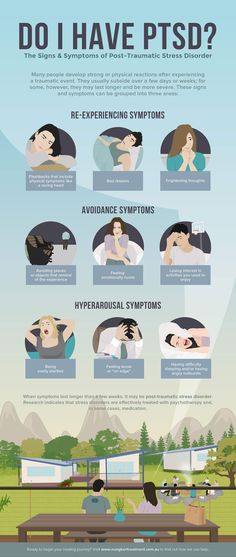 8/10 of 28 reviews
8/10 of 28 reviews
- About clinic
- Departments
- Prices
The Department of Child and Adolescent Psychiatry, Psychosomatics and Psychotherapy at the Saarland University Hospital Homburg offers treatment for the entire spectrum of disorders in this area. Diagnosis and treatment of all mental illnesses in children and adolescents under the age of 18, as well as developmental disorders, is one of the areas of specialization of the department. The head physician of the department is Prof. Dr. med. Eva Möhler.
The department provides psychoeducation, individual and group psychotherapy, in some cases medication, as well as kinesiotherapy, occupational therapy, music therapy and speech therapy. Typical diseases treated in the department include organic diseases, including symptomatic mental disorders, mental and behavioral disorders caused by psychotropic substances, schizophrenia, schizotypal and delusional disorders, affective disorders, neurotic, stress and somatoform disorders, etc.